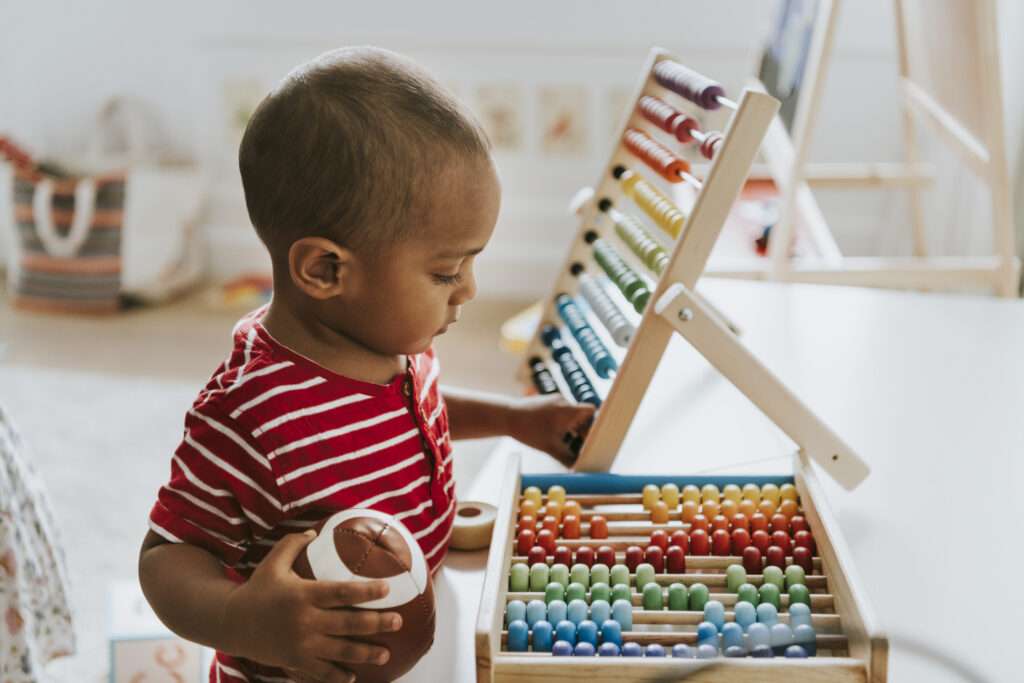Everything you need to know about the Preschoolers’ age and 5 parenting tips to navigate it!
Preschool age is a critical and exciting phase in a child’s development. As a parent, understanding the unique needs and challenges of this stage can significantly contribute to your child’s growth and well-being. In this guide, we will explore various aspects of parenting tips specifically tailored for the parents of preschooler age children. From determining the right age to start preschool to nurturing their overall development, there is everything you need to know about navigating this time of growth in your little one’s life. Let’s dive in!
What is the Right Age to Start Preschool?
Determining the right age to start preschool is an important decision that depends on various factors. Generally, preschool programs cater to children between the ages of 2 and 5. Some preschools focus on toddlers, while most preschools tend to enroll children between the ages of 3 and 4 when they are becoming more independent and curious. Remember that preschool age ranges are just guidelines– it is crucial to consider your child’s individual development and readiness. Starting preschool at the appropriate age is crucial for your child’s smooth transition and early education, so don’t try to rush the decision.
Is Your Child at the Right Age to Start Preschool?
![]()

Preschool Development Checklist (3 to 5-Year-Olds)
Preschool Development Checklist (3 to 5-Year-Olds)
NO
DEVELOPMENT AREAS
SKILLS, ABILITIES, AND MILESTONES
1
Physical Development
Independent self-care skills.
Basic hand-eye coordination.
2
Cognitive Development
Understanding of language. Simple problem-solving skills
3
Social and Emotional Development
Showing empathy and emotions. Engaging in imaginative play.
4
Communication Skills
Following directions and rules. Expressing thoughts in conversation.
5
Gross Motor Skills
Easily walking, jumping, and running. Climbing stairs safely.
6
Fine Motor Skills
Properly gripping crayons. Tracing simple lines or shapes.
As mentioned in the previous section, there is no strict preschool age range that applies to every child. Whether your child is at the right age to start preschool mostly depends on their stage of development. If you have a child between the ages of 3 to 5, use the comprehensive preschool age and development checklist below to get a general idea of where they stand.
5 Parenting Tips for the Preschoolers’ Age
So your little one has finally reached preschool age. What to do next? Finding the right preschool is the obvious first step, but that is not all you need to do as a parent. Preschool age is a very precarious time in your child’s life. They develop all their basic mental and physical skills at this time. And as their parents, you get the wonderful opportunity to shape their little minds. These 5 essential parenting tips for preschool-age kids can help you do just that!
-
Effective Communication
Talk to your child using clear and simple language, actively listen to them, and let them express themselves. Engage in meaningful conversations to develop their language skills and foster a strong parent-child bond.
-
Emotional Regulation
Help your child identify and manage their emotions by teaching them age-appropriate coping strategies. Encourage them to express their feelings and provide a safe and supportive environment for emotional expression.
-
Play-based Learning
Get your child play-based activities that promote their cognitive development, like picture books, shape puzzles, or number games. Encourage problem-solving, imaginative play, and hands-on exploration to enhance their critical thinking skills.
-
Social Interaction
Encourage your child to interact with peers and develop social skills. Arrange playdates, enroll them in group activities, and get them used to people other than you. Also, teach them to share, take turns, and cooperate.
-
Healthy Habits
Instilling healthy habits and self-care routines in preschoolers is essential for their overall well-being. Establish daily routines for healthy eating, age-appropriate hygiene, regular physical activity, and adequate sleep.
Conclusion: Supporting Growth in the Preschool Age
In conclusion, the preschool age is a critical period for your child’s development, and as a parent, you have a significant role to play in supporting their growth. By considering the right age to start preschool, understanding their age-specific needs, and implementing effective parenting tips, you can create a nurturing environment that fosters their overall development. Gear up for an exciting journey of parenting your preschool-age child and watching them thrive.

